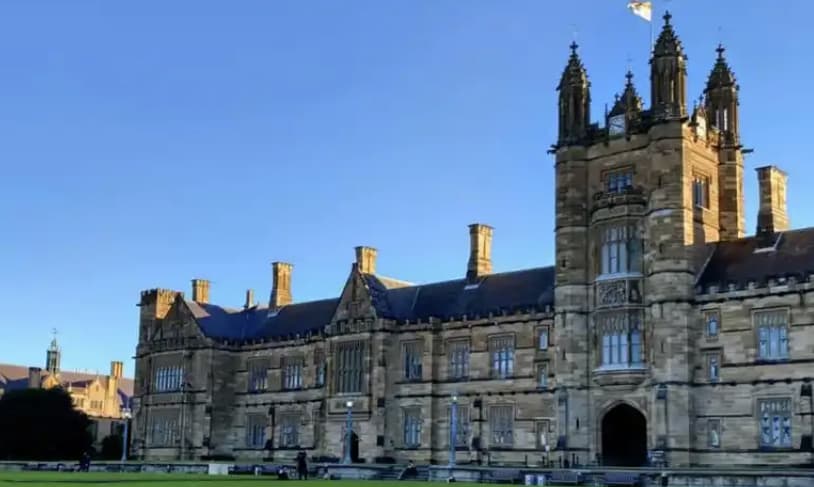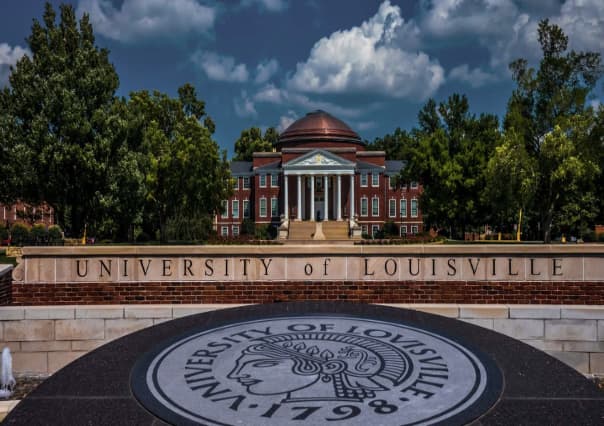Mastering English Literature: A Comprehensive Guide to Exam Subjects
Embarking on a journey to pursue a Master's degree in English Literature is both exciting and challenging. Understanding the core subjects that form the backbone of the curriculum is essential for aspiring candidates. This guide aims to demystify the key examination areas, providing a clear and detailed overview to help you prepare effectively. Whether you're delving into classic literary theories or exploring contemporary literary trends, this resource will serve as your go-to reference for a thorough understanding of what to expect in your academic pursuits.
Common Exam Subjects in English Literature
1. Literary Theory and Criticism
One of the foundational subjects in English Literature is Literary Theory and Criticism. This course equips students with the tools to analyze and interpret texts from various theoretical perspectives. The examination typically covers a range of theories, including structuralism, post-structuralism, feminist criticism, Marxist criticism, and postcolonial theory. Candidates are expected to not only understand these theories but also apply them to literary texts critically. The syllabus often includes key texts and thinkers such as Jacques Derrida, Simone de Beauvoir, and Frantz Fanon, among others. To excel in this subject, students must engage deeply with theoretical texts and practice analyzing literary works through different critical lenses. The exam may include essay questions, critical analyses, and sometimes even research papers that require students to develop their own theoretical arguments.
2. British Literature
British Literature is another core subject that examines the rich and diverse literary landscape of the United Kingdom. The curriculum usually spans from Old English literature to contemporary works, covering genres such as poetry, drama, and prose. Students might study canonical authors like William Shakespeare, Jane Austen, and Charles Dickens, as well as modern and postmodern writers like Virginia Woolf and Toni Morrison. The examination often requires candidates to demonstrate a deep understanding of historical and cultural contexts, as well as the ability to analyze literary themes and styles. Essays and critical reviews are common assessment methods, where students must showcase their analytical skills and command of literary terminology. Additionally, some programs may include comparative studies, where students are asked to contrast British literature with other literary traditions.
3. American Literature
American Literature is a crucial subject that explores the literary traditions and movements of the United States. The course typically covers a wide range of time periods, from the colonial era to the present day. Key figures and works often studied include Edgar Allan Poe, Harriet Beecher Stowe, F. Scott Fitzgerald, and Toni Morrison. The examination assesses students' ability to understand the social, historical, and cultural contexts of American literature, as well as their capacity to analyze literary techniques and themes. Essays are a primary mode of assessment, requiring students to engage critically with primary and secondary sources. Some exams may also include multiple-choice or short-answer questions to test knowledge of specific authors, movements, and literary terms. To succeed, students should be prepared to discuss a variety of texts and articulate their interpretations in a clear and structured manner.
4. World Literature
World Literature is an increasingly important subject that broadens the scope of study beyond English and American literatures. It encompasses works from various cultures and languages, offering a global perspective on literary traditions. The curriculum may include texts from Africa, Asia, Europe, and Latin America, with a focus on how these works reflect the unique histories and perspectives of their respective regions. Students are expected to analyze these texts not only for their literary merit but also for their cultural and historical significance. The examination often involves essay writing, where candidates must demonstrate their ability to compare and contrast different literary traditions. Additionally, some programs may require students to translate and interpret texts from other languages, highlighting the importance of linguistic skills in the study of world literature. This subject encourages students to think critically about the role of literature in shaping global understanding and cultural exchange.
5. Creative Writing
For those interested in honing their own literary skills, Creative Writing is a valuable subject in English Literature programs. This course focuses on developing writing techniques, styles, and genres such as fiction, poetry, and drama. Students typically engage in regular writing exercises, peer reviews, and workshops to refine their craft. The examination may include submitting a portfolio of original work, along with critical reflections on their writing process. Some programs also include theory components, where students study the works of renowned writers to understand the mechanics of effective storytelling. Success in this subject requires not only creativity but also a willingness to receive and provide constructive feedback. Creative Writing courses often foster a collaborative environment, encouraging students to support each other's growth as writers.




.jpg)
.jpg)
.jpg)

.jpg)
.jpg)
.jpg)